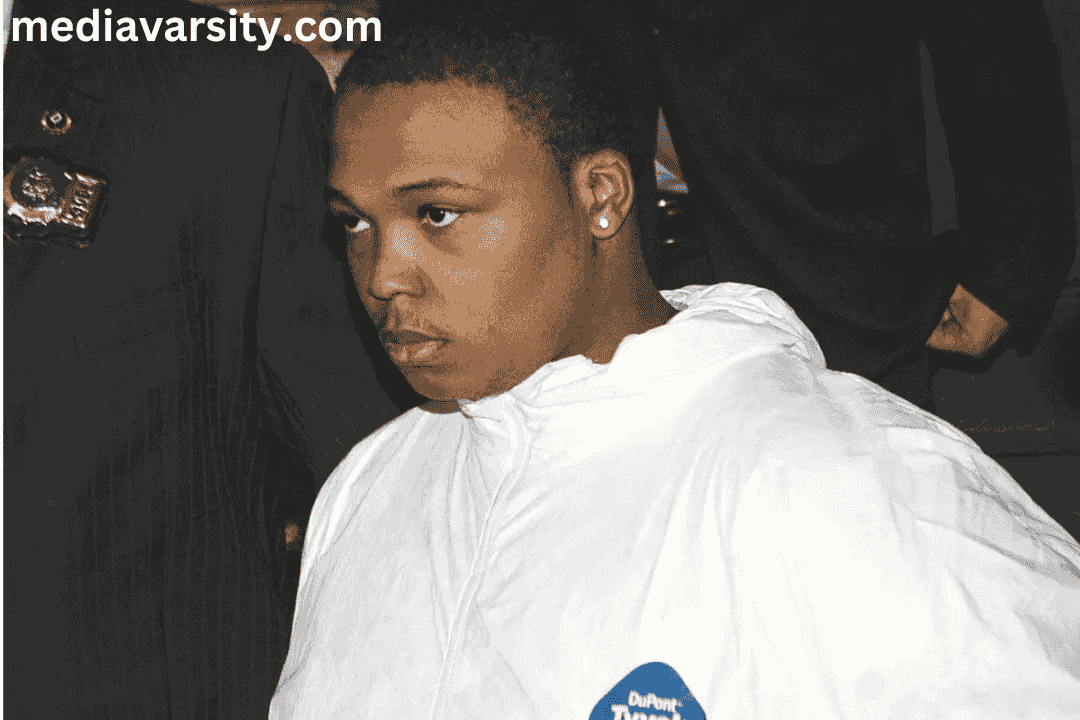Certain cases in true crime capture public attention due to their shocking details and the questions they raise about mental health, family dynamics, and societal issues. One such case is that of Bashid McLean, a name that continues to resonate in discussions about crime, justice, and psychological well-being. This article delves into the story of Bashid McLean, examining the events that led to his notoriety, the media coverage surrounding his case, and the broader implications for society.
Early Life of Bashid McLean
Bashid McLean’s early life remains a topic of interest for those seeking to understand the factors that may have influenced his actions. Born and raised in New York City, McLean’s upbringing was reportedly tumultuous, marked by strained family relationships and personal struggles. Accounts from acquaintances and family members describe a young man battling emotional and psychological challenges, which were seemingly exacerbated by a lack of adequate support systems.

Despite these challenges, Bashid McLean’s early years were not entirely marked by turmoil. He attended local schools in the Bronx and was known to many as a quiet individual. However, cracks in his emotional stability became evident as he entered adulthood, foreshadowing the tragic events that would later unfold.
The Crime That Shocked New York City
Bashid McLean’s name became synonymous with one of the most disturbing crimes in New York’s history. In 2013, McLean was arrested for the gruesome murder of his mother, Tanya Byrd. According to police reports, McLean killed Byrd, dismembered her body, and disposed of the remains in garbage bags scattered across the Bronx. The crime sent shockwaves through the community and made national headlines due to its brutality and the chilling details that emerged during the investigation.
The case gained further attention when a selfie of McLean holding his mother’s severed head was discovered on his phone. This image became a focal point of the media’s coverage, highlighting the disturbing nature of the crime and raising questions about McLean’s mental state at the time of the incident.
Mental Health and Legal Proceedings
Bashid McLean’s mental health became a central aspect of his legal proceedings. His defense team argued that he suffered from severe psychological issues, which impaired his ability to comprehend the gravity of his actions. McLean’s behavior during court appearances, including erratic outbursts and bizarre statements, further underscored the possibility of underlying mental illness.
Psychological evaluations conducted during the trial revealed a history of mental health diagnoses, including schizophrenia. Despite these findings, McLean was deemed fit to stand trial. In 2016, he was convicted of second-degree murder and sentenced to 25 years to life in prison. The verdict sparked debates about the intersection of mental health and criminal responsibility, with advocates calling for better mental health interventions to prevent such tragedies.
Media Coverage and Public Reaction
The case of Bashid McLean received widespread media attention, with news outlets delving into every facet of the crime. Headlines often focused on the gruesome details, sensationalizing the case and drawing significant public interest. While some coverage sought to explore the underlying issues of mental health and familial conflict, much of it was fixated on the shocking nature of the crime, reinforcing negative stereotypes about individuals with mental illnesses.
Public reaction to McLean’s case was a mix of outrage, horror, and calls for systemic change. Advocacy groups highlighted the need for increased mental health resources and better support for families dealing with similar challenges. The case also spurred discussions about the media’s role in shaping public perceptions of crime and mental health, with critics arguing that sensationalized reporting often overshadows deeper issues.
Broader Implications of the Bashid McLean Case
The story of Bashid McLean serves as a stark reminder of the complex interplay between mental health, family dynamics, and societal systems. His case raises critical questions about the following:
- Mental Health Resources: Was there an opportunity to intervene before the crime occurred? The lack of accessible mental health care often leaves individuals and families without the support they need.
- Family Dynamics: What role did McLean’s family environment play in the events that unfolded? Understanding the impact of familial relationships on mental health and behavior is crucial for prevention.
- Media Responsibility: How should the media cover such cases? Ethical reporting that balances public interest with sensitivity to mental health issues is essential.
- Criminal Justice Reform: Does the current legal system adequately address cases involving mental illness? The intersection of crime and mental health highlights the need for specialized approaches to justice.
Lessons Learned and Pathways Forward
The tragic case of Bashid McLean underscores the importance of addressing mental health and social support systems. Preventing similar incidents requires a multi-faceted approach, including:
- Improved Mental Health Services: Expanding access to affordable and effective mental health care is vital for early intervention.
- Community Education: Raising awareness about mental health and reducing stigma can encourage individuals to seek help before crises occur.
- Family Support Programs: Strengthening family relationships and providing resources for at-risk households can mitigate the factors that contribute to such tragedies.
- Ethical Media Practices: Encouraging responsible reporting can foster informed discussions and reduce sensationalism.
Conclusion
Bashid McLean’s story is one of tragedy and complexity, reflecting broader societal issues that extend beyond the individual. By examining the factors that contributed to his actions and the repercussions of his case, we can work towards a society that prioritizes mental health, supports vulnerable families, and approaches justice with compassion and understanding. The name Bashid McLean should serve as a call to action—a reminder of the work that remains to prevent such devastating events in the future.
You may also read: How Many Work Weeks in a Year? Everything You Need to Know



